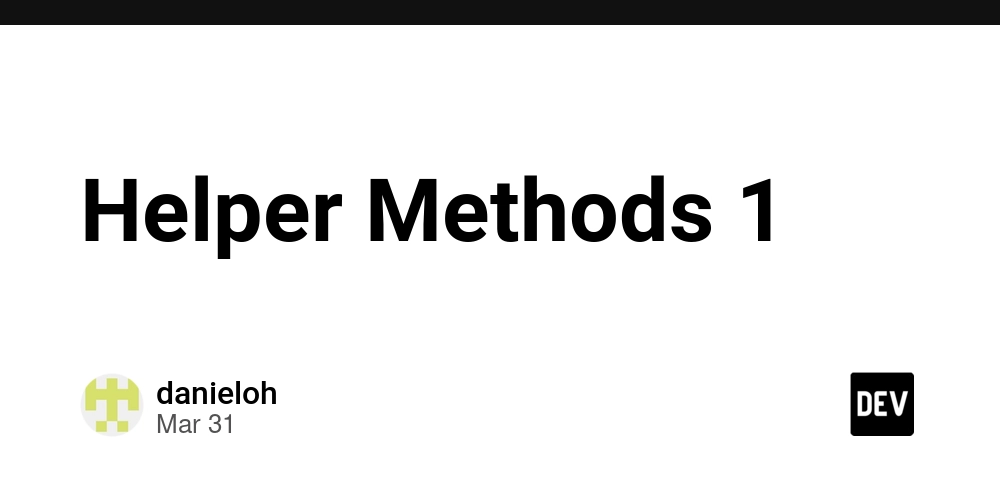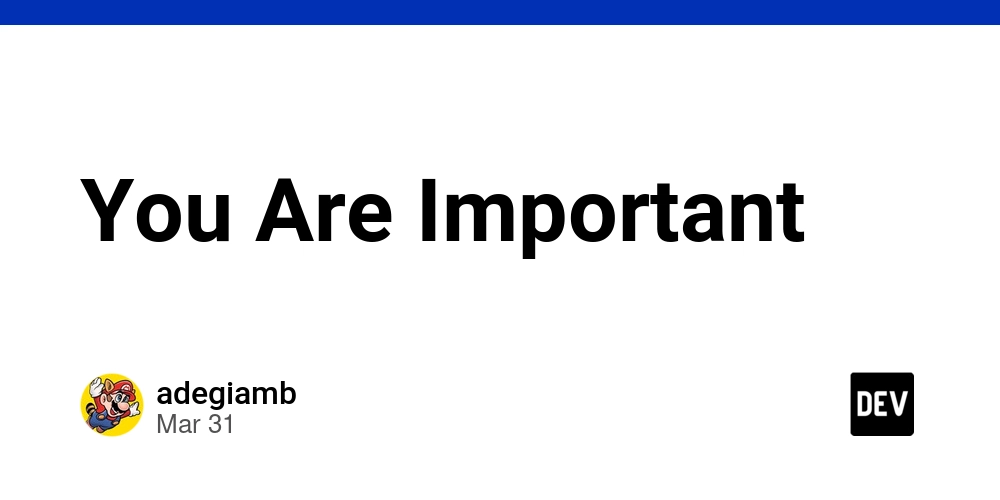When the urge to gamble strikes, try mindfulness
Mindfulness skills can help you resist the urge to gamble.


Here's an experiment to try at home: Listen to a sports podcast, scroll social media, or use an app with native ads, and see how many times you encounter an ad for online gambling.
The double dare version of the experiment is to attempt it during March Madness, a weeks-long college basketball tournament in the U.S. during which people are expected to gamble a whopping $3.1 billion. That's up from $2.7 billion last year, according to the American Gaming Association.
While the ad trackers and algorithms curating any individual digital experience might not expose them to gambling-related marketing, the level of ad spending across the industry has skyrocketed in recent years.
Sports betting effectively became legal in the U.S. following a 2018 Supreme Court decision. Online sports better advertising units jumped from just under 250,000 that year to around 2.5 million in 2023.
Meanwhile, there's evidence that problem gambling may be on the rise. A recent study published in JAMA Internal Medicine found there were 23 percent more Google searches in the U.S. for terms related to gambling addiction help-seeking between January 2016 and June 2024.
In an accompanying editorial, two experts wrote that "gambling must be recognized as a public health problem," and that sports betting is specifically more harmful than other types of gambling products, like lotteries. The house, as they say, always wins.
So how could someone who's exposed to gambling marketing, or is developing a gambling addiction, acknowledge the urge to make a bet but let it pass? Experts say mindfulness, the practice of observing your thoughts with curiosity but without judgement, can be a helpful tool.
"With mindfulness, you learn to disassociate yourself with those impulses and just appreciate that they're impulses and they're not something you have to do," says Dr. Nigel Turner, an addiction expert with the Institute for Mental Health Policy Research at the Centre for Addiction and Mental Health in Toronto. "You learn to let it go."
Can mindfulness help with gambling?
Turner, who co-authored a 2021 report on mindfulness-based prevention to problem gambling, describes this strategy as "urge surfing." You imagine an impulse as a wave that may seem strong, but will ultimately pass.
Turner says it's important to remember that people gamble for a variety of reasons that make sense to them. A mindfulness approach encourages curiosity and self-compassion — instead of feeling shame or frustration because you struggled with the urge.
Gambling urges may manifest in a variety of sensible-sounding ways. Someone may enjoy the mechanics of a certain game. They might view betting as a form of problem-solving: if they win enough, the proceeds could pay for their education or a down payment on a new home. And for some, gambling provides an escape from painful feelings and experiences.
But as the brain habituates to gambling, it can become a maladaptive routine. Mindfulness can address that, too, by helping someone challenge the "automatic thinking" that characterizes addiction. For problem gamblers, that might sound like, "If I keep losing, I'm due to win."
Turner says that often people experience such a thought, then place a bet without pausing to evaluate why or how it occurred to them in the first place. It's tricky, he adds, because the brain is "terrible" at understanding random chance, and gamblers typically have a "strong illusion of control."
"It's very easy to fool yourself into believing that you have figured out the odds, that you know somehow more than all the other people betting on it," Turner says.
Why 'mindful gambling' is a deception
Research on gambling and mindfulness is limited. Still, Turner points to a general consensus in the field of addiction that mindfulness practices have a positive effect on people's coping skills and recovery. He's even advocated for players to learn about mindfulness.
One major brand has given gamblers its own version of that education. In 2023, the online casino BetMGM created an explainer on how to mindfully gamble, including tips for staying in the present moment and remaining calm regardless of whether you win or lose.
It also suggested that mindful gambling can help players better focus and learn their games of choice by analyzing "patterns, trends, and probabilities more effectively." Turner, who reviewed the content when Mashable shared it with him, said this statement was a "misrepresentation of what mindfulness is about."
Turner said that the content seemed more like an "advertising gimmick" that could actually encourage people to gamble. While some of the suggestions were good, others felt deceptive, Turner added.
In their problem gambling report, Turner and his co-authors included breathing and meditation practices, exercises to develop emotional awareness, and worksheets designed to help people identify triggers and high-risk situations.
There are, however, limits to relying on mindfulness to resist gambling advertising and combat urges. The gold standard for addiction treatment, including for problem gambling, is cognitive behavioral therapy, a type of intervention that helps patients better assess and manage their thoughts.
Turner also acknowledges that some people — particularly those with a history of trauma — don't find mindfulness to be an effective solution.
Turner says that people experiencing problem gambling should seek mental health care, and consider mindfulness as complementary to that treatment. Signs that indicate you need help include spending more money than you can afford and believing that you'll win and get rich.
Young adults, problem gambling, and mindfulness
Young adults may be particularly at risk of problem gambling, says Amaura Kemmerer, a licensed clinical social worker and director of clinical affairs for the college mental health and wellness company Uwill.
If you're young and experimenting with newfound freedoms, then have direct access to gambling on your phone, or if you're exposed to the industry's wave of advertising, you may be more vulnerable for high-risk behaviors. Research also suggests that sports books in particular appeal to young audiences, who consider betting a leisure activity.
The issue has become pronounced on college campuses. Kemmerer says that some students experience consequences related to betting on major sports events like March Madness. Within that period, demand for mental health services often increases.
Typically, college students might feel anxious, depressed, or stressed, or they're experiencing related academic problems. Problem gambling can emerge as an issue in sessions with a counselor or therapist.
When a mindfulness practice positively affects other aspects of well-being, like improving sleep and decreasing anxiety and depression symptoms, Kemmerer believes it can also help reduce high-risk behaviors.
"You're getting to students before there's really any kind of identified problem, or when that problem is very early on and it's easier for a young person to make small adjustments so it doesn't become more problematic," Kemmerer says.
If you experience gambling problems, call the 24/7 National Problem Gambling Helpline at 1-800-522-4700 for free, confidential support. You can also access the National Council on Problem Gambling's website for more help and information, as well as a list of international resources.














































































